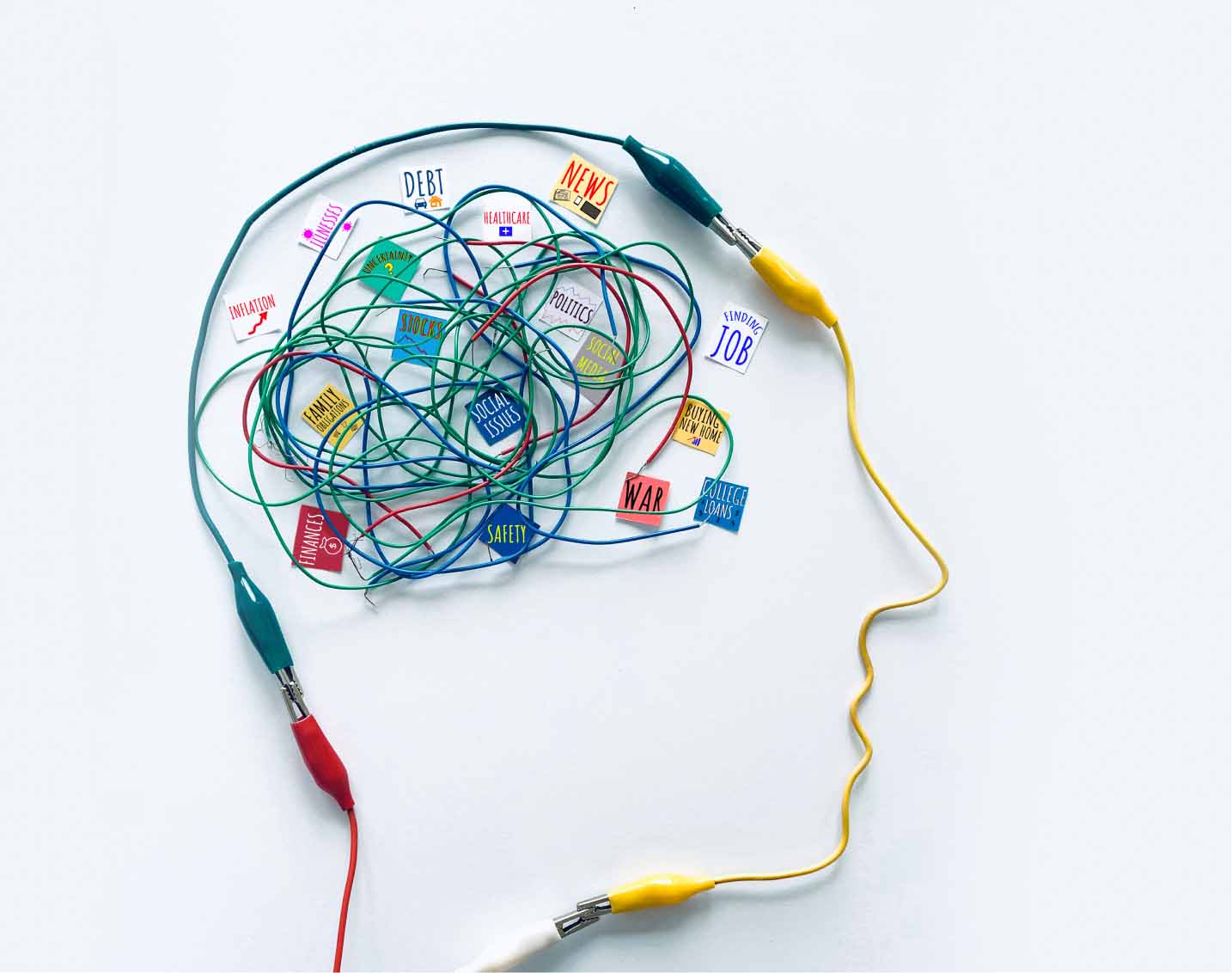The employer-employee relationship is a fundamental aspect of the modern workplace, shaping the dynamics between organizations and their workforce. It refers to the intricate web of interactions, expectations, and obligations shared between employers and their employees. In a broader context, this relationship goes beyond the mere transactional nature of work and encapsulates the emotional, psychological, and professional connections that bind both parties.
Types of Employee-Employer Relationships
The employer-employee relationship comes in various forms, each characterized by distinct features and expectations. One prevalent type is the transactional relationship, where the primary focus is on the exchange of labor for compensation. In this model, the employer and employee have limited engagement beyond the tasks at hand.
Another type is the relational relationship, which places a greater emphasis on communication, trust, and mutual understanding. In this scenario, both parties recognize the value of building long-term connections, fostering a sense of loyalty and commitment.
Furthermore, a partnership-oriented relationship involves collaboration between employers and employees, encouraging open dialogue and shared decision-making. This type of relationship is often associated with innovative and progressive workplace cultures, where employees feel empowered and valued.
The Impact of a Good Employer-Employee Relationship
A positive employer-employee relationship has far-reaching effects on both individuals and the organization as a whole. Employee satisfaction and engagement levels tend to be higher when employees feel valued and supported. This, in turn, contributes to increased productivity, creativity, and overall job performance.
A strong relationship can also lead to higher retention rates, reducing the costs associated with recruitment and training. Employees who have a positive connection with their employers are more likely to stay with the organization, fostering stability and continuity.
Furthermore, a good employer-employee relationship positively impacts the employer brand. Organizations that prioritize their employees’ well-being and professional growth are more likely to attract top talent and enjoy a positive reputation in the industry.
Strategies to Improve the Employer-Employee Relationship
Building and maintaining a positive employer-employee relationship requires intentional efforts from both parties. Here are some strategies to enhance this crucial connection:
- Open Communication: Foster an environment where communication flows freely. Regular feedback sessions, team meetings, and one-on-one discussions can help bridge gaps and build understanding.
- Invest in Professional Development: Provide opportunities for skill development and career growth. Investing in employees’ professional advancement demonstrates a commitment to their success and contributes to a positive relationship.
- Recognition and Appreciation: Acknowledge and appreciate employees’ contributions. Recognizing hard work and accomplishments boosts morale and strengthens the emotional connection between employers and employees.
- Flexible Work Arrangements: Offering flexible work arrangements, such as remote work options or flexible schedules, demonstrates a commitment to work-life balance, contributing to a healthier employer-employee relationship.
- Employee Well-being Programs: Implement wellness programs that prioritize employees’ physical and mental well-being. This not only shows care for employees but also contributes to increased productivity and job satisfaction.
Incorporating Technology to Enhance Employee Recognition
One notable tool that organizations can leverage to enhance employee recognition is the Karma recognition app for Slack. It provides a platform within the popular communication tool Slack, allowing team members to give and receive recognition seamlessly. Employees can express appreciation for their peers’ contributions, fostering a positive and collaborative atmosphere.
By integrating tools like the Karma recognition app, organizations can streamline the recognition process and make it an integral part of their daily communication. This not only enhances the employer-employee relationship but also contributes to a culture of acknowledgment and positivity within the workplace.
To Sum Up
In conclusion, the employer-employee relationship is a dynamic and multifaceted connection that profoundly influences the success and well-being of both individuals and organizations. Recognizing the importance of fostering positive relationships and implementing strategies to enhance these connections is crucial for creating a thriving and sustainable workplace.
By prioritizing open communication, investing in professional development, valuing employee well-being, and incorporating tools like the Karma recognition app, organizations can build a foundation for a strong and mutually beneficial employer-employee relationship. Ultimately, a positive workplace culture built on trust, respect, and collaboration is key to unlocking the full potential of both employers and employees.
Try out Karma for Slack with our demo and subscribe to your 30-day free trial:


 10 Strategies To Improve Psychological Safety At Work
10 Strategies To Improve Psychological Safety At Work